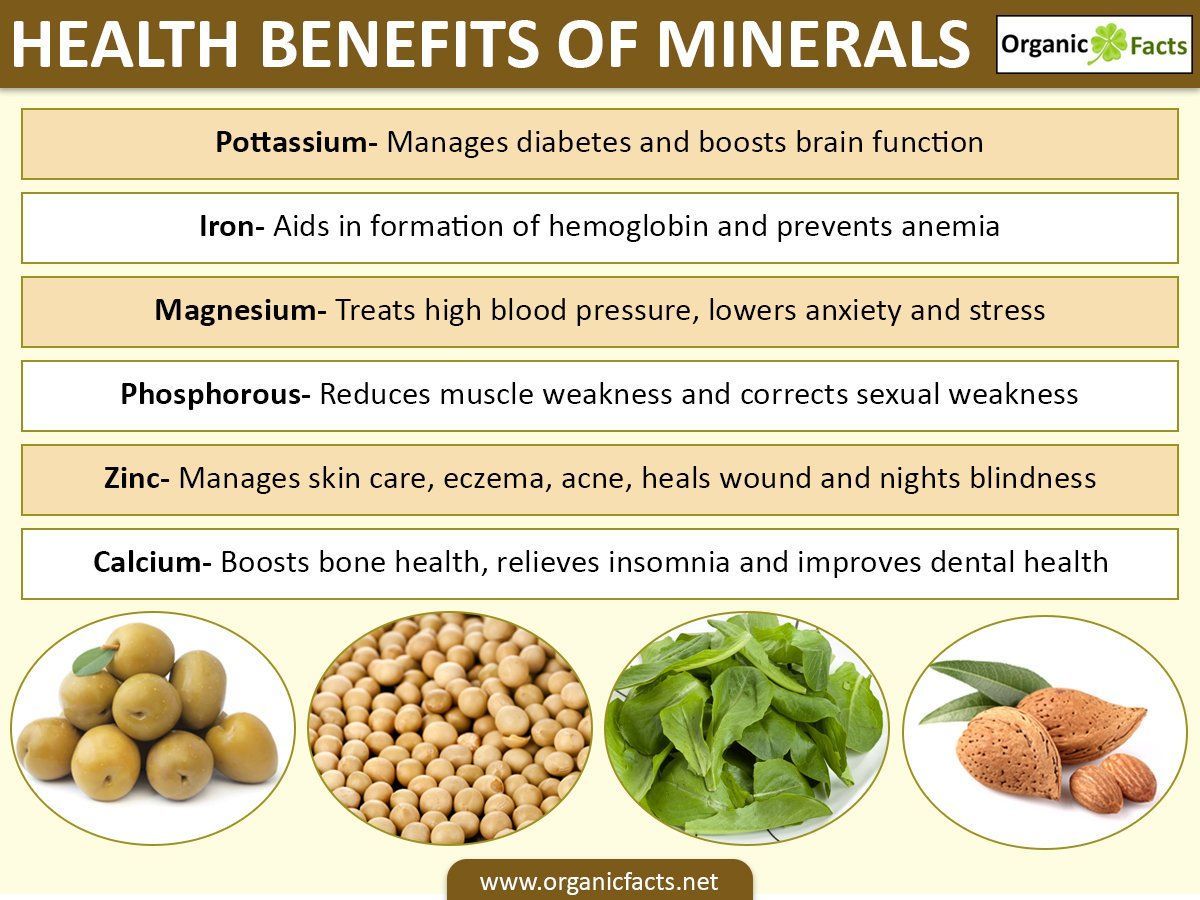Minerals are essential nutrients that our bodies need in order to function properly. They play vital roles in various bodily functions, including supporting the growth and development of bones, teeth, and muscles, transmitting nerve signals, maintaining a healthy immune system, and aiding in the production of hormones and enzymes.
Types of Minerals
There are two main types of minerals: macrominerals and trace minerals. Macrominerals are required in relatively larger amounts by the body, while trace minerals are needed in smaller amounts.
Macrominerals
The most important macrominerals include:
Calcium
Magnesium
Sodium
Potassium
Phosphorus
Chloride
Sulfur
Trace Minerals
Some essential trace minerals include:
Iron
Zinc
Copper
Manganese
Iodine
Selenium
Fluoride
The Importance of Minerals
Bone and Teeth Health
Minerals like calcium, phosphorus, and magnesium are crucial for maintaining strong and healthy bones and teeth. These minerals provide the structural framework necessary for bone strength, prevent osteoporosis, and support proper dental development.
Energy Production and Muscle Function
Minerals such as potassium, magnesium, and sodium are involved in energy production within the body. They help in the conversion of food into cellular energy, regulate muscle contractions, and maintain proper fluid balance, allowing muscles to function efficiently.
Nerve Function and Transmission
Minerals like sodium, potassium, and calcium play a key role in transmitting nerve signals. They create electrical impulses that allow nerves to communicate and coordinate essential bodily functions, including breathing, heartbeat, and movement.
Immune System Support
Several minerals, such as zinc, selenium, and iron, are vital for a healthy immune system. They help protect the body against pathogens and infections, promote the production of immune cells, and contribute to wound healing and tissue repair.
Hormone Production
Minerals such as iodine and selenium are essential for the production of hormones in the body. Iodine is necessary for the synthesis of thyroid hormones, which regulate metabolism, growth, and development, while selenium is involved in the production of thyroid hormones and other important hormones.
Enzyme Activation
Minerals act as cofactors for numerous enzymes in the body. They are required to activate these enzymes, facilitating various chemical reactions necessary for digestion, metabolism, and overall cellular function.
Dietary Sources of Minerals
We can obtain minerals through a balanced diet consisting of diverse food sources. Here are some common dietary sources of minerals:
Calcium:
Milk, cheese, yogurt, sardines, tofu, almonds.
Magnesium:
Spinach, legumes, nuts, whole grains, dark chocolate.
Sodium:
Table salt, processed foods, canned soups, snack foods.
Potassium:
Bananas, oranges, potatoes, avocados, spinach.
Iron:
Red meat, poultry, fish, spinach, lentils, beans.
Zinc:
Seafood, red meat, pumpkin seeds, nuts, beans.
Copper:
Shellfish, nuts, seeds, organ meats, cocoa powder.
Iodine:
Seafood, iodized salt, seaweed, dairy products.
Selenium:
Brazil nuts, seafood, organ meats, whole grains.
Fluoride:
Tea, fluoridated water, seafood, toothpaste.
Conclusion
Minerals are essential for maintaining optimal health and well-being. From supporting bone strength to aiding in enzyme activation and hormone production, minerals play numerous vital roles in our bodies. Ensure a balanced diet that incorporates a variety of mineral-rich foods to meet your body’s mineral requirements and enjoy a healthier life.






